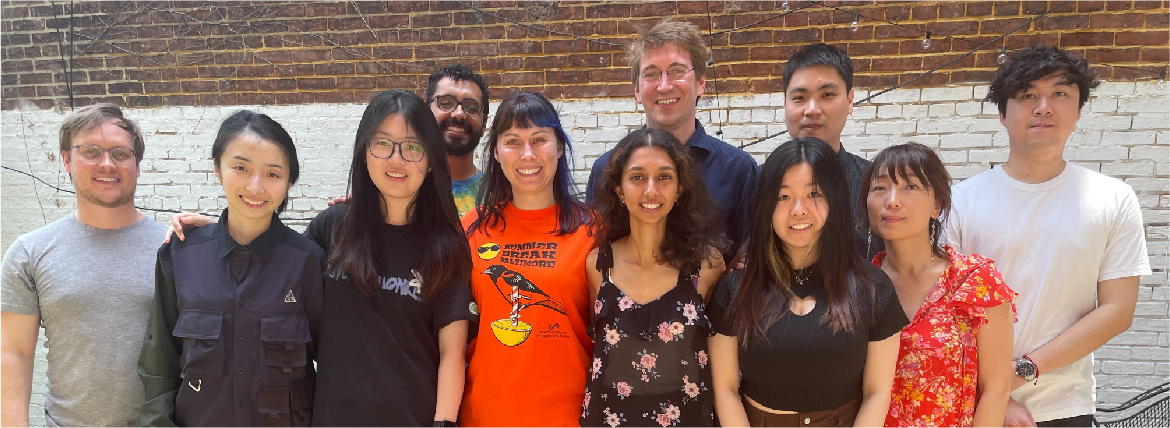Postdoc in brain circuit evolution and connnectomics
Posted by Justus Kebschull, on 13 February 2024
Location: Baltimore, MD, USA
Closing Date: 31 May 2024
Postdoc Position in Neuroscience, Connectomics & Tool Development
Kebschull Lab, Johns Hopkins University, USA
Tags: Connectomics, Evolution, Viral engineering, Barcodes, Cerebellum
We seek a Postdoctoral Fellow to join the Kebschull Lab at Johns Hopkins School of Medicine. This fully and stably funded position is flexible in scope but centered on the development of new viral and sequencing-based connectomics tools to map single-cell or multi-synaptic connectivity in mice and other model systems (NHPs, songbirds, reptiles, amphibians), and on the application of these tools to answer questions in basic systems neuroscience, aging and neurodegenerative disease, and drugs of abuse.
About Us: The Kebschull Lab at Johns Hopkins School of Medicine is dedicated to understanding the structure and function of the vertebrate brain, its evolution, and its role in neurological diseases. We develop innovative spatial transcriptomics and next-generation sequencing-based connectomics methods to explore fundamental questions in brain organization and circuitry. Recent methods we developed include MAPseq, BRICseq, and BARseq, and relevant papers include Kebschull et al. 2020 Science, Huang et al. 2020 Cell, Han et al. 2018 Nature, and Kebschull et al. 2016 Neuron.
Position Summary: We are seeking a motivated Postdoctoral Fellow to join our dynamic team. This fully funded position offers the opportunity to develop new viral and sequencing-based neuroanatomical tools for mapping single-cell or multi-synaptic connectivity in diverse model systems, including mice, non-human primates, songbirds, reptiles, and amphibians. The successful candidate will apply these tools to address key questions in systems neuroscience and neurodegenerative diseases.
Candidate Requirements: Applicants must hold a Ph.D. degree (or equivalent) in neuroscience, molecular biology, omics, or related fields. Strong skills in neuroscience, molecular biology, and/or bioinformatics are essential, along with a passion for innovation and understanding brain circuits. We welcome applications from individuals from diverse backgrounds and strongly encourage candidates from underrepresented or minority groups to apply.
Application Process: To apply, please email your CV, a cover letter outlining your research interests and future objectives, and the contact information for three references to Dr. Kebschull at kebschull@jhu.edu. For more information about our lab and ongoing projects, visit our website at www.kebschull-lab.org.

Closing Date: 31 May 2024
Scientific fields: Evo-devo and eco-evo-devo, Tissue engineering and organoids
Model systems:
Duration: Permanent

